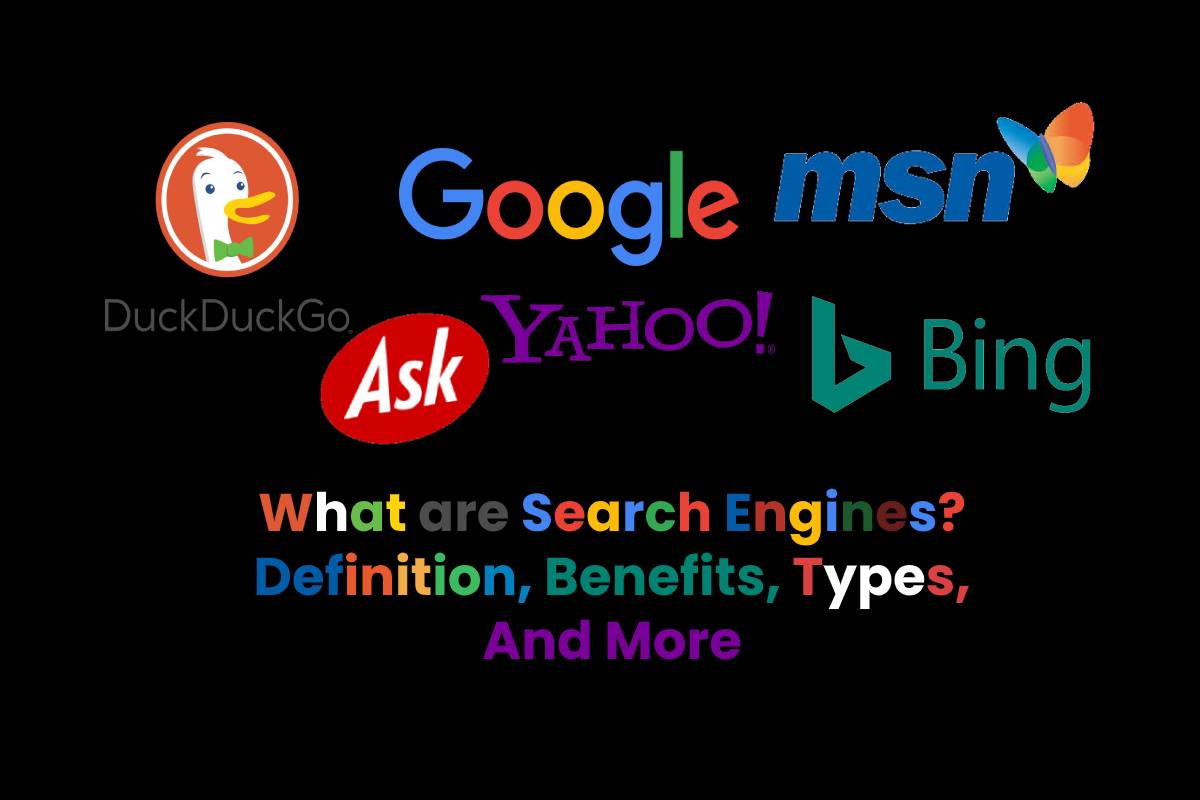

Finding your way around the deep web is no different, but there’s huge fragmentation in the market and all sorts of search engines for different purposes. When you’re using the web and you need to find some information, you use a search engine. You have to go out and hunt down the pages that you’re looking for, which makes it a much more active browsing experience than you might be used to.

One of the unique quirks of the deep web is that while the pages you’re looking for are right there at your fingertips, they’re not as obviously visible. Don’t be fooled by the newspaper articles that paint it as an unruly place for petty criminals. It’s a huge amount of fun to browse through and navigate around, and there are plenty of legitimate uses for the anonymous browsing that the deep web has to offer. But don’t fret if you can’t.The deep web is an interesting, ever-changing place. Extra points if you can set the canonical tag of the PDF to the blog post. Setting the canonical tag of the blog post to be self-referential is one of those SEO best practices to avoid any duplicate content issues. If you ever see a PDF that is ranking for an important intent, you need to create a page for it that takes its place. Support it with clusters – what non-branded terms is it doing OK for? What concepts surround the product/topic of the PDF? Big, authoritative PDFs can be broken out into blog posts, repurposing, and linking to the PDF. If you get PDFs ranking well, how do you use that to your advantage? First of all, don’t spend time trying to make the PDF SEO friendly.Ĭreate a content strategy that surrounds the PDF with great access points to it.
#Free pdf search engines full#
Full of rich and relevant keywords, they can become very powerful. PDFs are not bad they can get great links and be great resources.

It can either extract the text or process it through Optical Character Recognition if it’s stored as a text image. MarketMuse reads PDFs in the same manner as Google. It’s essentially a dead end, so it’s a bounced user, and analytics platforms can’t track the conversions.
#Free pdf search engines code#
The standard Google Analytics code is a web page tag that loads when a web page loads. When a PDF loads, a web page doesn’t load. Most businesses with standard Google Analytics or other analytics packages cannot or do not track PDF traffic. PDFs aren’t as easily formatted as a webpage. A web PDF document is usually weaker than an HTML document. So, if you’re using internal links in your PDF, they are not going to be as effective as you think. Links in PDFs don’t get processed like links on webpages. They are not counted the same way in terms of passing authority through them.
#Free pdf search engines how to#
People who create PDFs don’t always know how to add this info. The click-through rate on a PDF in a SERP is generally low anyway, due to weird SERP formatting. If you are publishing PDFs, you need to check this. Being not very descriptive, you can expect the click-through rate to suffer. For example, if there is no title tag, Google will pull the actual file name. The lack of metadata means that these documents usually look inferior to search engines. Yes, the PDF will probably be indexed, but its SEO performance will be substandard. You can use Adobe Acrobat to map some of that metadata, but most people skip this step before publishing the PDF on the web. Most PDFs lack the proper metadata for which Google looks. Saving a text editor or slid presentation as a PDG file doesn’t automatically add the correct document properties. Here are some common issues and mistakes content producers experience with PDFs:

Although you can optimize PDF files for Search, you're better off not.


 0 kommentar(er)
0 kommentar(er)
